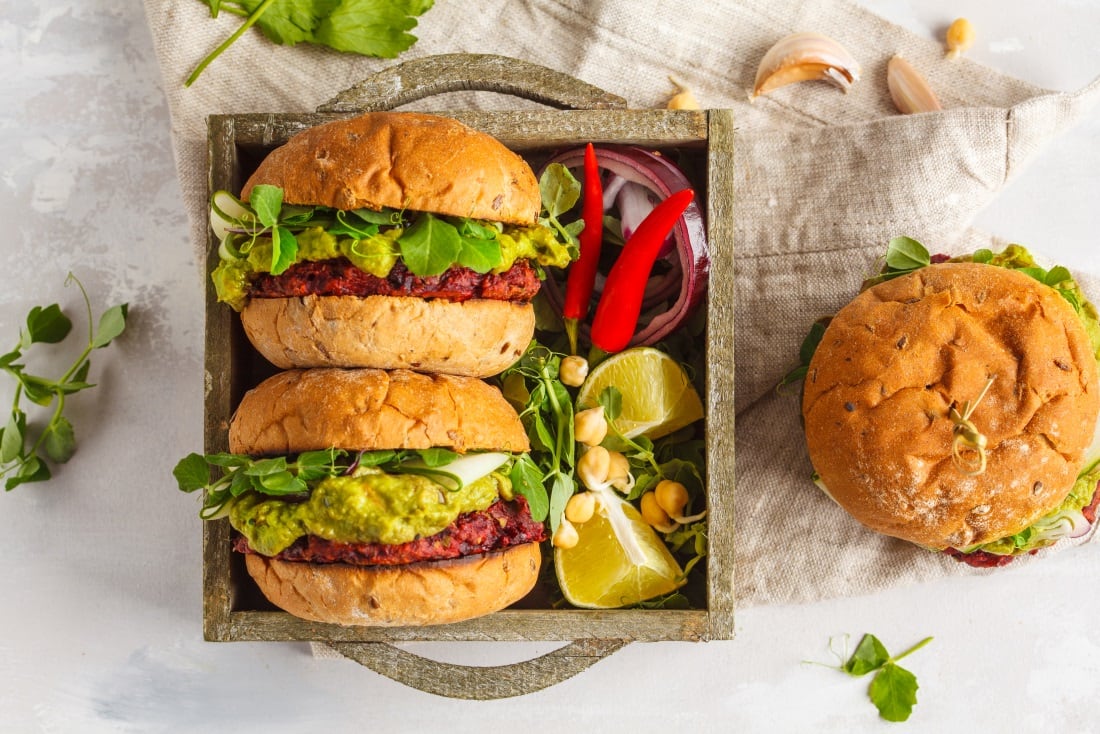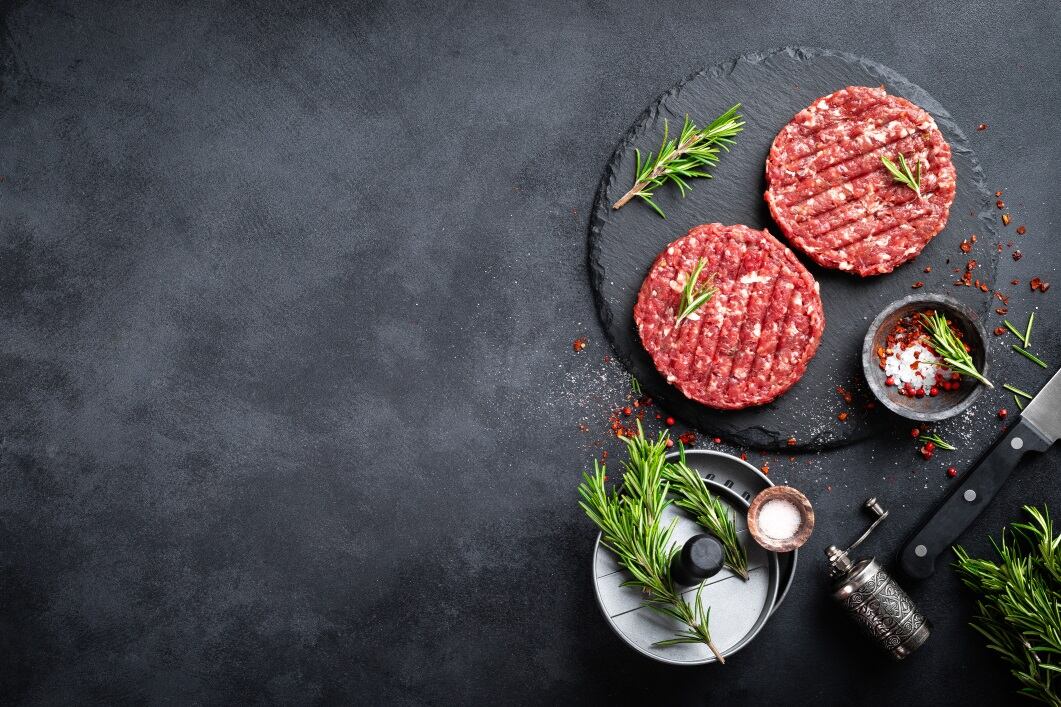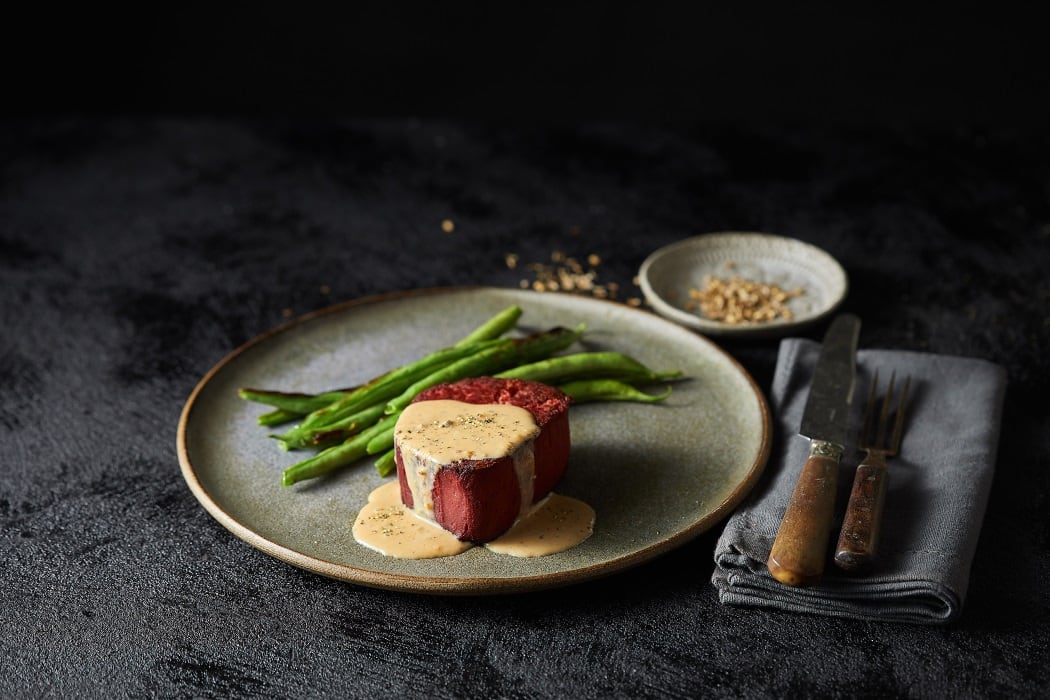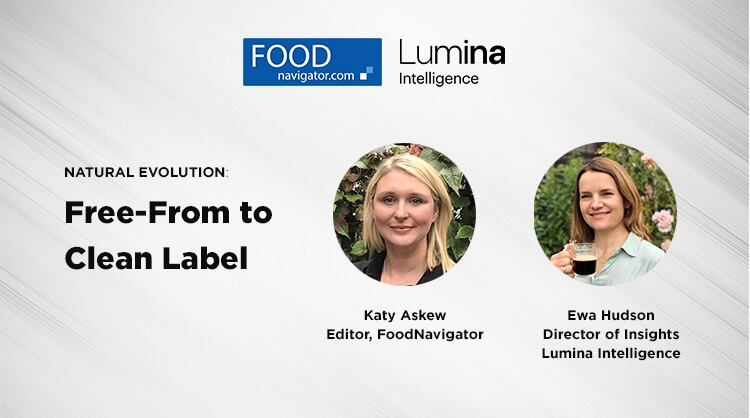Cubiq Foods was founded by Dr Raquel Revilla and entrepreneurs Andrés Montefeltro and Jordi Bladé in 2018. The food tech company has developed three fat-based products: cultured Omega 3s, an Omega 3 microencapsulation technology and a vegan ‘smart fat’.
Cubiq has high hopes for its smart fat proposition. Montefeltro, who is CEO of the Barcelona-based company, explained it is the ‘most advanced’ of the three innovations and said he is ‘excited’ about what it can achieve. “If we do it well, it could be the fat replacer for coconut oil worldwide.”
Superior functional and nutritional qualities
Coconut oil is widely used in plant-based product formulations such as meat alternatives. However, it has a number of downsides.
Nutritionally, coconut oil is one of the most concentrated sources of saturated fat in the food supply—even higher than lard or butter. Approximately 87% of the fat within coconut oil is saturated.
In contrast, Cubiq’s vegan smart fat has 40-50% less fat than its animal-based counterparts, Montefeltro revealed. Based on a sunflower oil and water emulsion – and stabilised with vegan ingredients - it is ‘lower calorie’ and has ‘low saturated fat content’, the food entrepreneur said, noting that 80% of the fat it does contain is oleic acid.
“In plant-based products, where the gold standard today is a coconut sunflower emulsion that is high in saturated fatty acids, in such cases we can replace the coconut emulsion with a better fatty acid profile,” Montefeltro told FoodNavigator.
But the real kicker is the smart fat’s functional performance.
Unlike most other vegetable-based fat replacers, Cubiq says its smart fat ‘behaves like animal fat’.
This is important because most vegetable fats will melt out of a product during cooking. “Coconut, for instance, has a problem that when you cook the coconut it melts out of the product and the product becomes dry…. The features of the smart fat are different from others that are focused on releasing the oil based on the melting point. The melting point of the smart fat is higher than 80 degrees,” the chief executive explained.

This produces a better mouthfeel and taste, Montefeltro asserted.
“In our case, the smart fat remains inside the product until consumption. It is a better fat component because it behaves as animal fat and remains inside the burger.
“This is what plant-based companies are looking for.”
When the fat is not retained during cooking, the amount of time a flavour is experienced is also reduced. “If you use the smart fat, it releases the oil in the mouth when you chew. During this release of the oil you release the aroma that lives in the oil and the flavour remains longer in your mouth. This creates a better mouthfeel and you can better use all the aromas and flavour technology.”
Montefeltro suggests that this development is an important step in the journey that plant-based products – and alt meats in particular – are taking towards improved quality. “This is an area that all the plant-based companies are now innovating in: how to put vegan flavours in the food to generate a better experience for the consumer. The smart fat is a nice platform to play with this type of thing.”
Beyond plant-based: Meat bends and dairy
Montefeltro also sees a market in hybrid products that contain both meat and plant-based elements, in particular because of the health benefits the smart fat offers over animal fats. “It is a very good alternative to replace animal fats in meat products like sausages and burgers. Any product using lard can substitute this and create a blend of vegetable oil and meat.”
The company filed a patent for its smart fat in April of this year. It believes that the concept can also be extended into the dairy and dairy alternative space and R&D efforts are currently focused on this sector.
“We would like to move into dairy. Alternative vegan cheese and other types of dairy. This is a huge sector. We are doing R&D in that area and maybe next year we will be able to launch,” the chief executive revealed.
Cubiq wants to work alongside the dairy industry to produce better-for-you cheeses that are lower in saturated fat and cholesterol. “We would like to help producers to generate a cheese with a better fat profile.”
Attaining cost parity: ‘We can sell a better product at the same price’
While Cubiq’s smart fat unlocks innovation opportunities, the company is all too aware of the importance of cost – particularly given the economic downturn the world is now facing. For this reason, it aims to deliver its smart fat at a similar cost to its leading competitor – coconut oil.
“We are targeting a price similar to coconut oil, a price that is similar to current fats that you can find in the market. Then you are selling a better product – fatty acid profile, texture, mouthfeel – at the same price,” Montefeltro told us.
This means that the barriers to entry for Cubiq’s smart fat are lower than many other innovative food tech solutions. “If you want to launch a cultured meat product, as an example, you will need to launch a product that will be three-to-five times as expensive. But in our case, we can sell a better product at the same price. The market will see this as a promotional opportunity to buy,” Montefeltro asserted.
Initially, Cubiq is targeting growth in the US, Germany and the Netherlands as well as its domestic market, Spain. And, given the market changes accelerated by COVID-19, Montefeltro believes the timing is ideal.
“We are in the right place at the right time with this product. After COVID there will be a big pressure for our customers to produce more new formulas,” he suggested.
“There are two components to this. Firstly, people are more sensitive to health than ever.... Second, the products we are discussing are very affordable for the consumer. They are not expensive. If people find good products, nutritional products, at a good price, they will buy.”
New solutions for Omega 3s
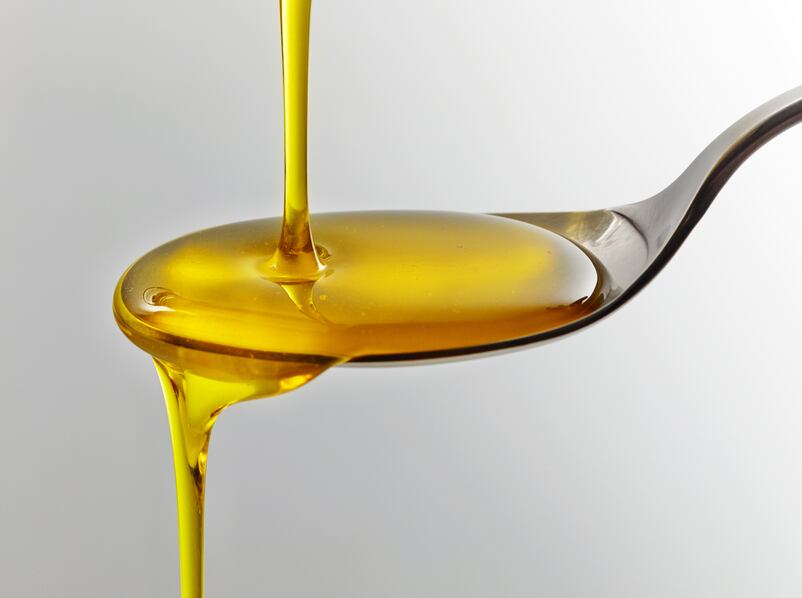
Cubiq’s two other product platforms are both focused on meeting the growing need for Omega 3s in our diets.
The closest to market is micro03, a new-generation of microencapsulated Omega 3 for ‘functional foods’.
The innovation leverages microencapsulation using ‘standard spray drying techniques’ combined with ‘multilayer protection’ for the oil. The approach allows food formulators to incorporate high-concentration Omega 3 in food products.
“The current Omega 3 you can find in the food sector is mainly in daily products like meat and the highest concentration is 50 mg by 100 ml. This is 20% of the 250 mg daily dose you need,” Montefeltro explained.
“Our value proposition is to put 250g of that Omega 3 in one portion of product. This microencapsulation of high concentration of DHA Omega 3 allows us to incorporate the daily dose in one portion of product. It is five times more concentrated than the current milk standards.”
Montefeltro said the ingredient ‘opens opportunities’ to bring more Omega 3s into the food chain, taking the emphasis away from nutraceuticals. “Today most Omega 3 sells in pills as nutraceuticals. If we want to reach the masses, I think we need to be in food at an accessible price.”
As with smart fat, affordability is an important element of the product proposition. Adding a full dose of Omega 3 to a product formulation would represent an increase in price of just 20 euro cents.
Montefeltro sees the greatest innovation opportunity for food and beverage products that are eaten in single portions, from snacks to drink shots and even centre-plate options.
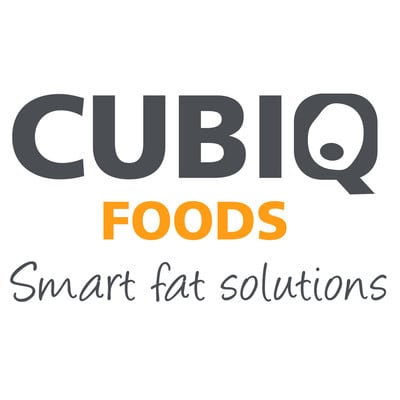
Cubiq is already in discussions with potential clients. “We are talking with them, building prototypes. They want to be sure there is no fish flavour or interference with the product’s organoleptic features, that the microcapsule can be incorporated in an industrial setup with no problems,” Montefeltro elaborated.
If smart fat and Omega 3 encapsulation offer development opportunities today, it is fair to say that Cubic’s third proposition is more future-gazing.
Cubiq is the first cultivated fat cell platform to produce high-quality omega-3’s in bioreactors.
The company uses a process that is ‘standard’ in the emerging field of cellular agriculture. Duck cells are put into a bioreactor. Inside the tank, the cells are fed a growth medium - a nutrient-rich soup that enables them to grow and divide. In this way, trillions of cells can be produced from a small sample. Once enough cells are produced, they are turned into fat cells through a process called 'differentiation'. The company then produces an oil that is rich in polyunsaturated fatty acids like Omega 3.
The target market for this oil is the nutraceutical sector, because they are ‘looking for high concentration Omega 3’. Montefeltro added that there could also be some pharma applications for the oil.
While the product isn’t yet on the market, Montefeltro believes it could be available in relatively short order. “We are scaling up the process right now. We expect to apply for regulatory approval next year. In a year and a half or two years, we will be ready to sell this cell-based Omega 3 in Europe. In the US it will be faster. It usually takes a year rather than two. In Asia, maybe Singapore, it will be a few months.”
With such rapid development, Montefeltro is quite bullish on the start-up’s financial outlook, even at a time of economic uncertainty. He hopes that by the end of next year, Cubiq will be turning a profit. “If everything goes well, by the end of next year we will be a profitable company. That is a nice target for a start-up two years after launching the company, it would be good news for investors. It is ambitious.”

